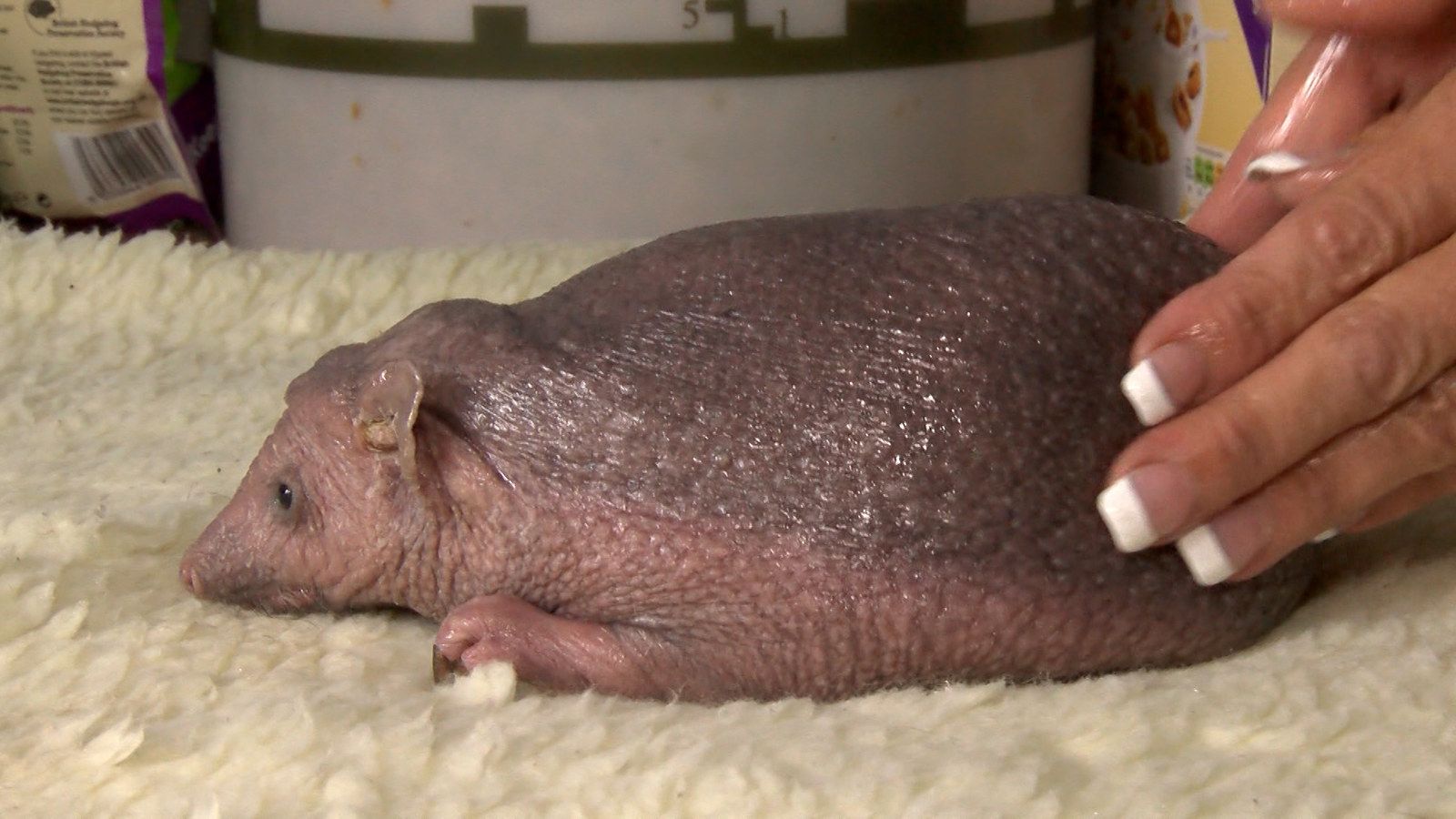
Edinburgh, 1 April 2021
Following last month’s scenes in Texas, when a South Padre Island conference centre opened its doors to assist in the rescue of thousands of sea turtles that were stunned by the unprecedented cold snap, Scotland’s capital city has experienced a similar ecological emergency, with a heart-warming response.
Thousands of haggis suffering from serious shock, after an unseasonably mild and pleasant spring, were brought into the Edinburgh International Conference Centre (EICC) for emergency care by teams of volunteers.
“These are harrowing scenes” says Aaron, one of dozens of volunteers operating in the conference venue, “usually at this time of year we expect to see these wee creatures cavorting around Arthur’s seat, or the Pentlands. I’ve never seen so many in such distress.”
Haggis is a species endemic to Scotland and beloved the world over. The typically wet and windy Scottish spring is the ideal time for their mating season as the wind helps to cool their oddly shaped bodies, while the rain keeps them hydrated. This spring, however, has seen several days completely rain free and temperatures reaching 10 degrees Celsius in some parts of the country.
Euan McSwean from the British Haggis Preservation Society (BHPS): “We have never seen devastation on this scale. This year saw record numbers of haggis hunted ahead of Burns night. We worry that without a successful mating season the timorous beastie might be pushed towards endangerment. Although stocks in the central belt of Scotland remain high, unpredictable weather such as that we have seen over the past few months could prove a real challenge for the Haggis population going forward.”
The EICC, currently the site of an NHS vaccination facility, was quick to respond by opening its doors to volunteers and conservationists. The venue’s Strathblane Hall, which is usually home to registration desks, poster boards, five-star cuisine, and networking delegates, gave itself over to hundreds of plastic trays. Once brought on-site, the poorly haggis are assigned a tray and carefully treated depending on their condition.
Aaron added: “Usually they are quite dehydrated, so we bring them here to be given water and food. After they have perked up, usually a few hours to a day, they are taken back off site and carefully released.”
It is unclear just when the current hardships facing the Haggis will end, but a forecast of rain and wind in the coming weeks will provide some relief to conservationists and Haggis enthusiasts alike. Whatever the weather, “the EICC stands ready to help in any way we can”, adds the EICC’s CEO, Marshall Dallas.
If you have been affected by the contents of this article, then you are either a kind soul or a haggis. Donations to help the little creatures, can be made at Donate to BHPS.